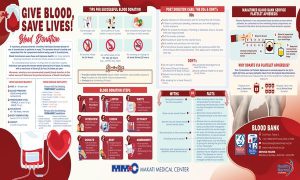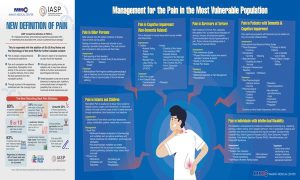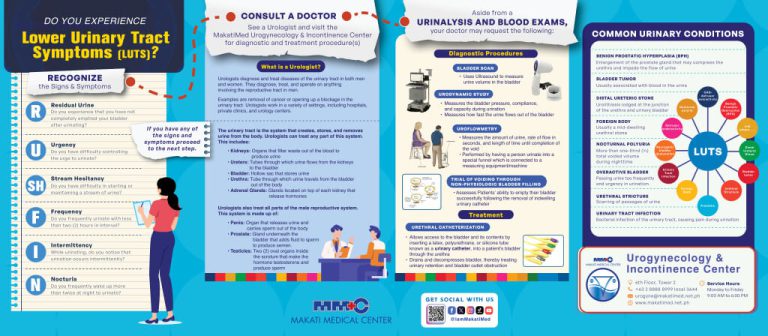
Being a pet owner is one big responsibility. Whether it is a cat, dog, or some other animal, this commitment to care for them can bring joyful memories through the years. But even though people love their pets, it is essential to still be careful around them as pathogens, such as the SARS-CoV-2 virus that is believed to have come from an animal, can infect humans.
With everybody staying indoors, people are spending more time with their pets. COVID-19 is not the only infectious disease that pets can pass on to humans. To ensure the safety of pet owners and their families, here is a thing or two about zoonotic diseases.
What is a Zoonotic Disease?
Zoonotic diseases are illnesses that originate from animals and can be passed on to humans. Bacteria, fungi, and viruses from pets and other animals in the wild can be transmitted when someone comes into contact with them. Given that pet owners tend to get close to their pets often, they can acquire the disease through exposure to contaminated fluids and surfaces, getting bitten during playtime, or ingesting contaminated food.
Surprisingly, zoonotic diseases are common. The Center for Disease Control and Prevention (CDC) estimates that 3 out of 4 new illnesses in people were acquired from animals. While most are mild, some are fatal. Knowing what these possible infections are and what to do to avoid them are keys to staying healthy.
8 Possible Infections You Can Get from Pets
1. Animal influenza
Also known as zoonotic influenza, this disease causes flu-like symptoms and can be contracted through contact with an infected animal or exposure to contaminated environments. The most common is type A, which includes the H1N1 and SARS-CoV-1 viruses; ironically, also the most dangerous variant. This type can lead to a pandemic, as it is found in many animals and transmissible to humans.
2. Campylobacter Infection
This illness can be spread by pets carrying the bacteria Campylobacter jejuni. The bacteria is notoriously known for its adverse effects on the gastrointestinal tract and is one of the most common causes of food poisoning. It can be found mostly in warm-blooded animals like house pets and livestock.
Transmission is through contact with contaminated water, food, and feces. Treatment is done through antibiotics, and it can be avoided through frequent handwashing, particularly after cleaning up after pets.
3. Cat scratch fever
As the name suggests, this disease involves the Bartonella henselae bacteria in the infected cat’s saliva that may penetrate an open wound or get in the eyes. People who get infected will experience a low-grade fever, swollen lymph nodes, and body aches for several days. This is not serious, but medication is required for those who have weak immune systems.
Other than bites or scratches, infected ticks can also transmit this disease. Besides keeping a distance from unvaccinated cats, frequent hand washing and pet grooming can help people prevent getting sick.
4. Leptospirosis
Leptospirosis is a bacterial disease that comes from both wild and domesticated animals. Infected cats, dogs, rats, and cattle carry the bacteria and spread them through their urine. Apart from exposure to urine, people can contract the disease by coming into contact with contaminated soil, food, and water.
Unfortunately, over 59,000 deaths are caused by leptospirosis each year. While this disease is prevalent worldwide, it is especially common in tropical countries and areas that are prone to flooding. In November 2020, the Department of Health (DOH) tallied over 1,070 leptospirosis cases in the Philippines, with 63.28% in Metro Manila.
With the rainy season posing a higher risk of infection, it is best to keep a distance from contaminated water during this time.
5. Lyme Disease
This bacterial infection typically comes from the bite of a tick. People who live close to animals or spend a lot of time on farms are at a higher risk. Mild symptoms include headaches, fever, and skin rashes. In severe cases, failure to get treatment may lead to joint, heart, and nervous system damage.
While pets are not a direct source of this disease, infected ticks living inside their coats can find their way to the skin. Pets should always be kept clean by combing and giving them baths regularly to avoid getting bitten.
6. Rabies
Rabies infection is a fatal illness caused by a virus that can lead to nervous system failure. Infected animals pass on the disease through a bite or open wound. In case of a bite from a wild animal or unvaccinated pet, wash the wound with running water and proceed to the nearest healthcare center for treatment.
Due to the nature of the disease, it is crucial to have pets vaccinated against rabies. Immediately after getting bitten, prophylactic treatment should follow, since once symptoms appear, the condition will turn fatal.
7. Ringworm
Ringworm is a contagious fungal infection of the skin. It is caused by exposure to the fungi through direct contact with an infected animal or surface.
Those who get sick experience red and scaly patches and ring-shaped rashes on the skin. Home remedies and over-the-counter medicines can treat mild cases, but severe cases require professional treatment. Washing clothes thoroughly, practicing good hygiene, and disinfecting surfaces are surefire ways to stay safe against ringworm.
8. Toxocariasis
Toxocariasis is caused by a parasite that thrives in the intestines of infected dogs and cats. The eggs of Toxocara canis (dogs) or Toxocara cati (cats) are passed through their feces and contaminated surfaces around the house. Once these hatchlings enter the system, they can travel to essential body parts such as the heart, liver, lungs, and brain.
Since they can affect different parts of the body, signs and symptoms may vary. Most patients experience mild symptoms such as coughing and fever, while others encounter blurred vision and liver inflammation. Since kids are the most common victims of this disease, make it a point to keep their playing area clean.
Keep Yourself and Your Pets Safe
There is no denying that animals and humans share a very close relationship. As an animal lover, it is natural to treat pets as members of the family. This includes keeping them healthy, so they do not get sick and, at the same time, you can keep your family safe from zoonotic diseases.
Part of being a responsible pet owner is to keep both animals and humans safe. Making sure that the household is clean and pets are groomed properly are preventive measures against infectious disease. In case you are experiencing any of the symptoms above, reach out to Makati Medical Center for diagnosis, management, or immediate treatment of zoonotic diseases.










